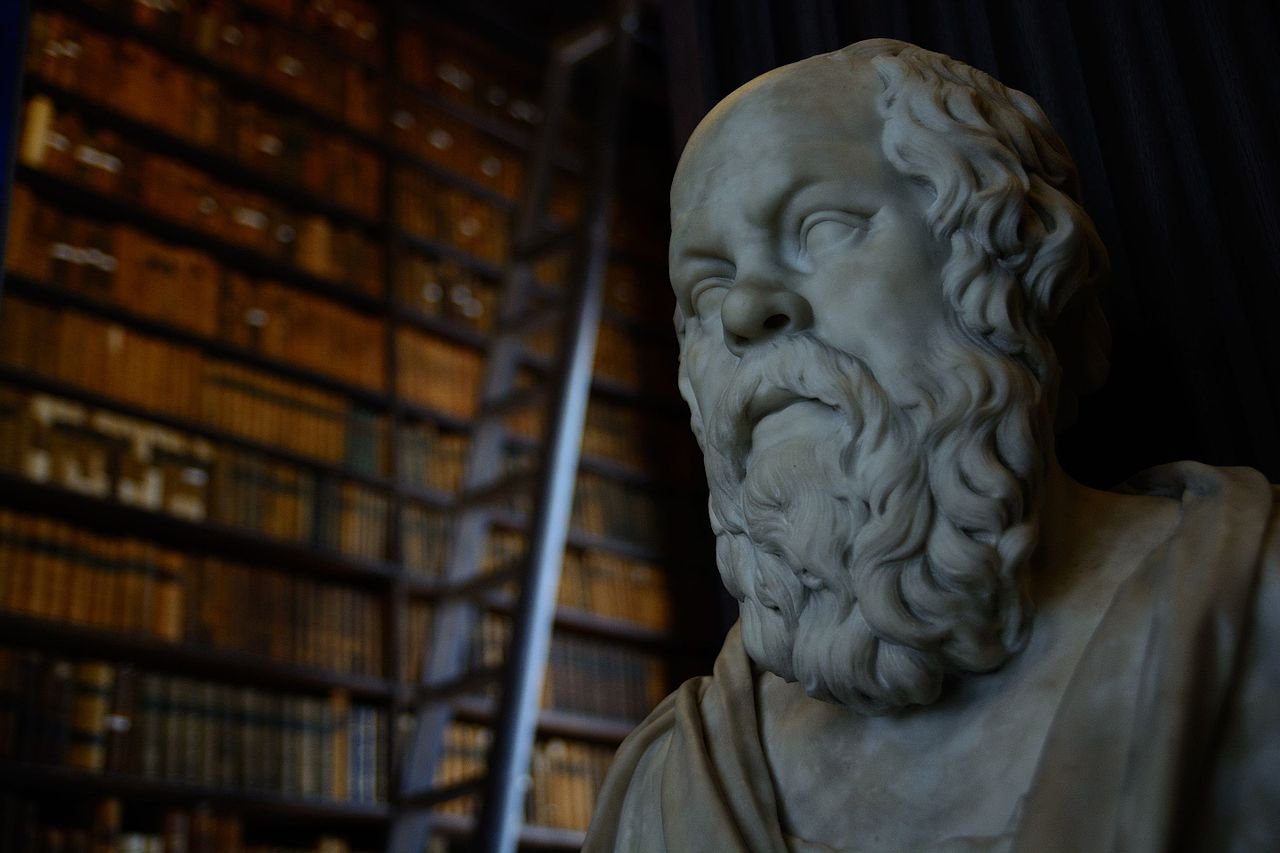Philosophy may be useless at revealing how reality fundamentally works, and I believe that the traditional metaphysical role associated with philosophy should actually be left to the natural sciences, but philosophy, nevertheless, remains hugely important.
Jacobsen: Thank you very much for your time again Dr Stephen Law.








Article Discussion